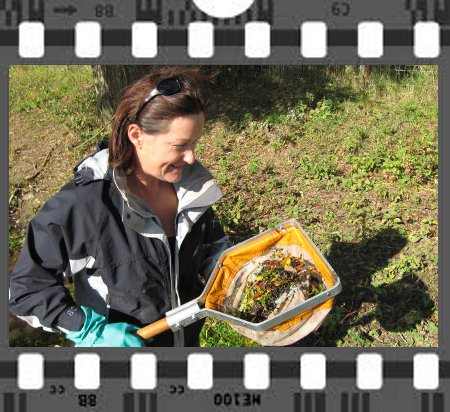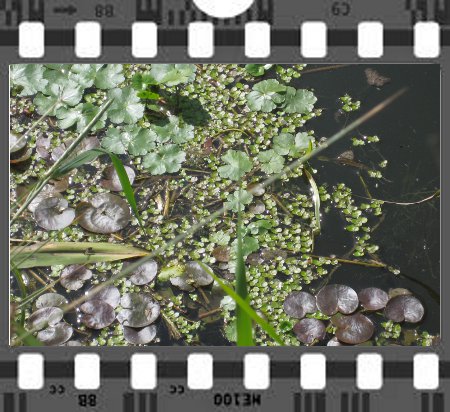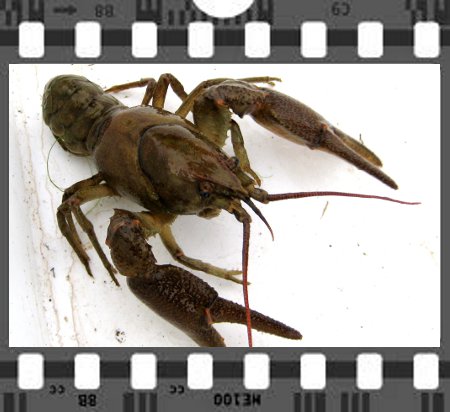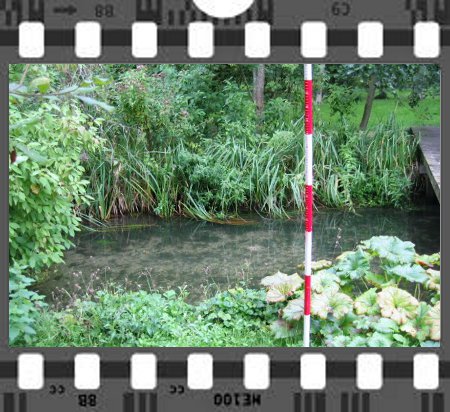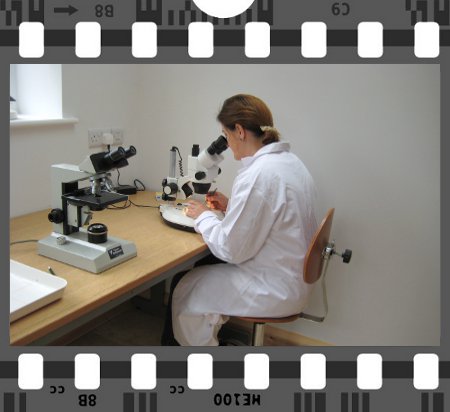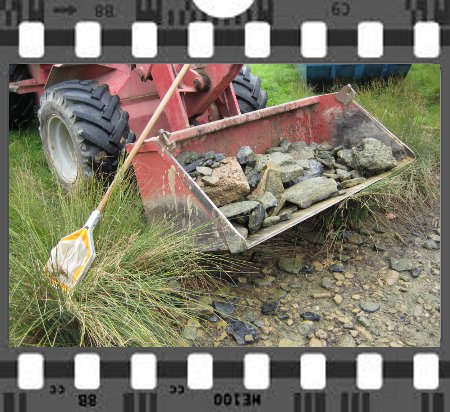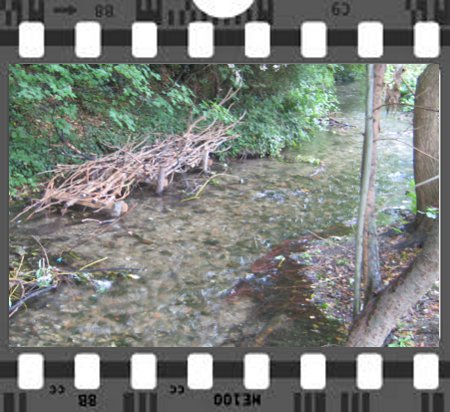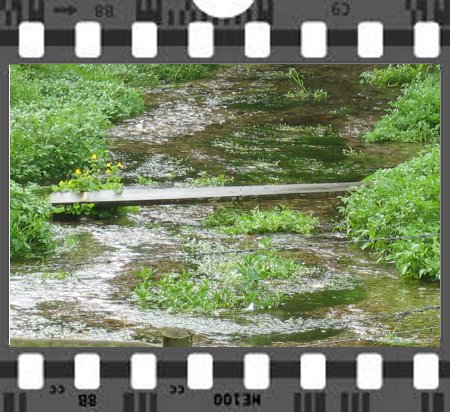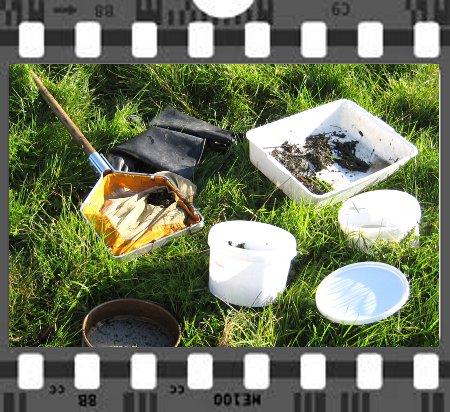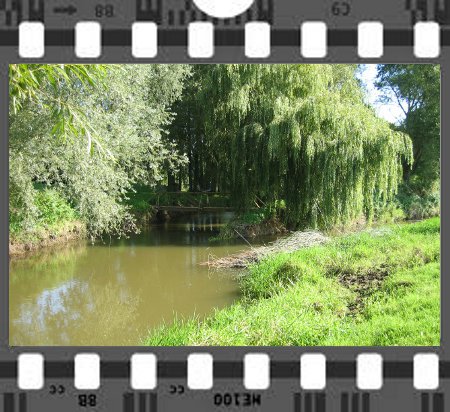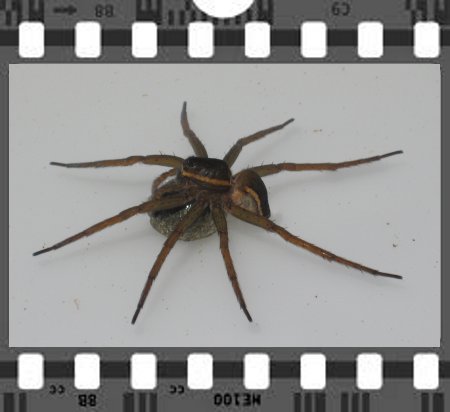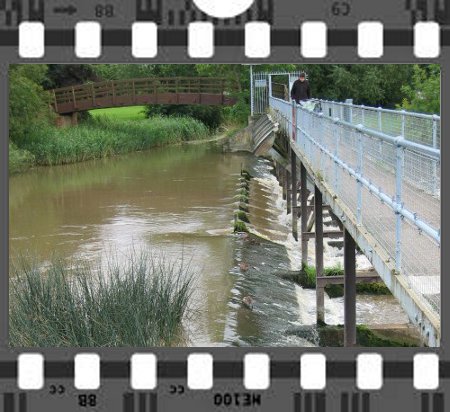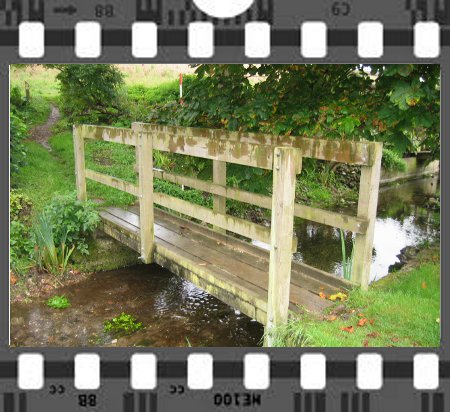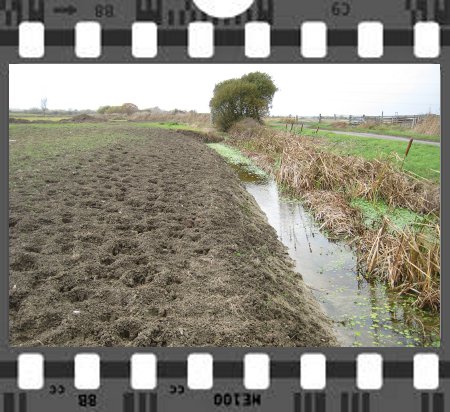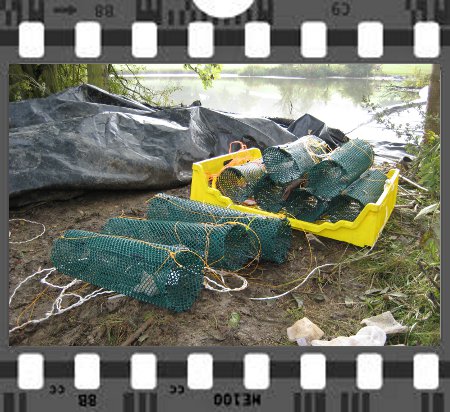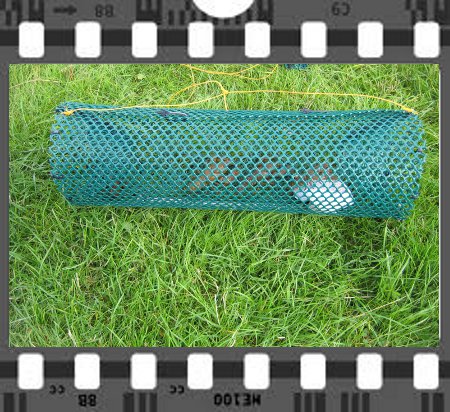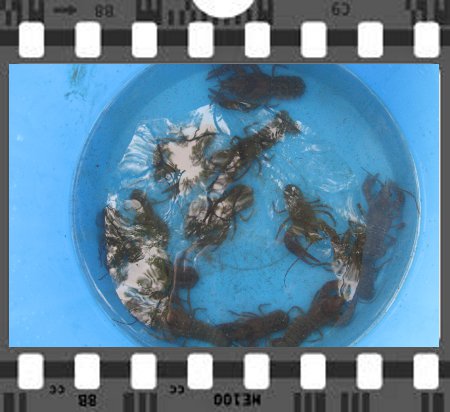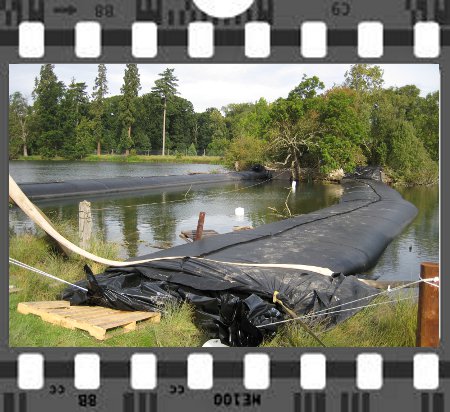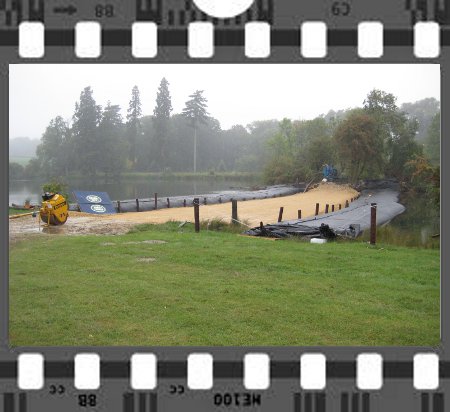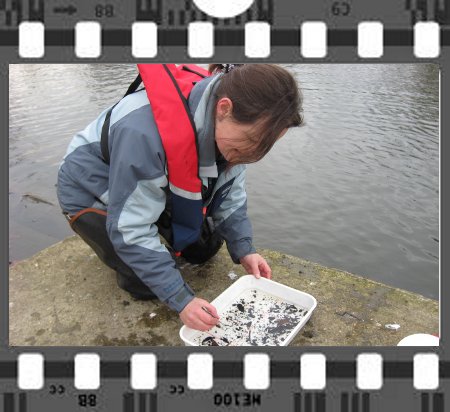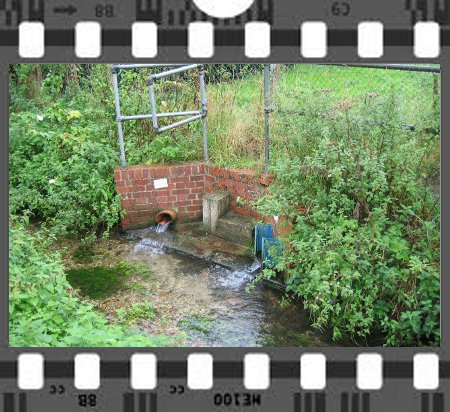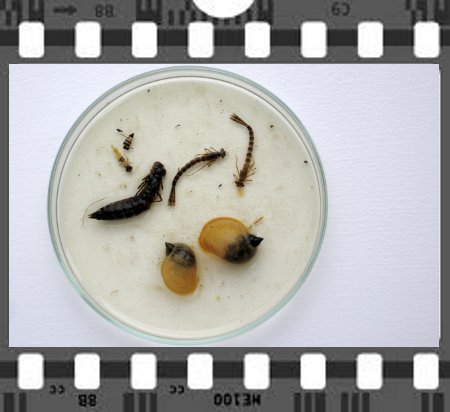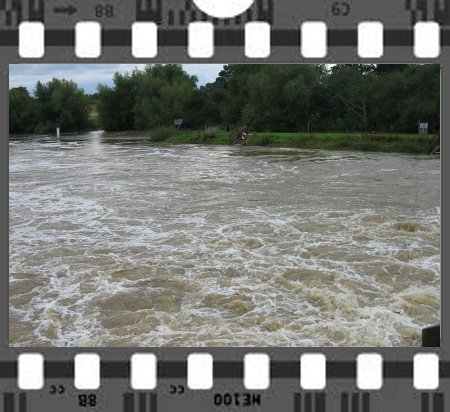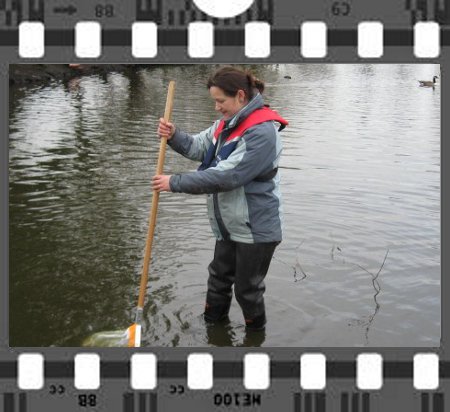|
Aquatic Ecological Survey and Assessment |
||
|
We have knowledge of and expertise in macroinvertebrate, macrophyte, river habitat and crayfish survey techniques. Standard sampling methods are utilised for each monitoring element. Appropriate qualifications held for all surveys and suitably trained in techniques offered. |
||
|
Aquatic Macroinvertebrate Surveys |
||
|
||
|
||
|
||
|
Aquatic Macrophyte Surveys |
||
|
||
|
||
|
||
|
River Habitat Surveys |
||
|
||
|
||
|
Crayfish Surveys |
||
|
||
|
||
|
||
|
||
|
|
||
|
River Habitat Enhancement & Management |
||
|
Biological monitoring of river restoration schemes and advice on enhancements to watercourses |
||
|
Bywater Ecology can advise on the enhancement or restoration of aquatic habitats, and on habitat creation and species re-introductions. We can prepare proposals for monitoring of habitats, species and biological water quality for restoration schemes |
||
|
We can also help to liaise with the appropriate authorities, gain approval for works affecting water, meet planning conditions and fulfill planning obligations. We can also advise on positive ecological design features for incorporation into new developments. |
||
|
Monitoring of enhancements to rivers and streams is needed to judge the success of such schemes. Baseline surveys are important to ensure that endangered species are not impacted by the works and habitat is improved for species already living there as well as those to be encouraged. Further surveys following the scheme can then be compared with the baseline survey to evaluate the success of the works. |
||
|
We can organise and undertake the biological monitoring of river restoration schemes and advise on enhancements to watercourses to improve the aquatic biology and provide suitable habitat for specific species. |
||
|
We can organise and undertake the biological monitoring of river restoration schemes and advise on enhancements to watercourses to improve the aquatic biology and provide suitable habitat for specific species. |
||
|
We have been involved in the pioneering River Kennet Rehabilitation Scheme monitoring programme which is included in an interactive CD Rom on River Restoration. <Back><Home> |
||
|
|
||
|
Environmental Impact Assessments |
||
|
Biological information and expert opinion on the ecological effects of in-stream river and pond works, plus baseline and post-impact monitoring of works affecting watercourses |
||
|
Bywater Ecology can provide biological information and expert opinion on the ecological effects of in-stream river and pond works, including flood defense, navigation and enhancement schemes. Bywater Ecology can undertake baseline and post-impact monitoring of works affecting watercourses including bridges, dams, pipe crossings, and residential and business development. |
||
|
We can attend meetings and site visits with other organisations as required, such as local planning authorities, developers, Environment Agency and Natural England. |
||
|
Baseline surveys can be undertaken and recommendations made for mitigation of detrimental effects. Advice can also be given on sensitive development methods for conservation. <Back><Home> |
||
|
|
||
|
Mitigation and Compensation |
||
|
Advice and planning, species surveys, protected species rescue and relocation, and alien species control. We also offer a monitoring service to assess the success of these schemes |
||
|
We can offer advice on the design and implementation of protected species rescue and translocation schemes, and the eradication or control of invasive species such as signal crayfish. We can produce mitigation plans for such work and liaise with the appropriate authorities to gain approval for these plans |
||
|
We can also undertake;
|
||
|
We are also in a position to offer ecological site supervision for works where rare species occur. We are able to utilise our skills and experience in strategic and policy work to offer advice on nature conservation planning and biodiversity action planning |
||
|
Bywater Ecology have unique experience of the use of Aquadams in waterbodies where rare species occur, gaining approval for use and mitigating for any impacts on the species of concern <Back><Home> |
||
|
|
||
|
Pollution Incident Ecological Monitoring |
||
|
Bywater Ecology can undertake macroinvertebrate surveys to measure impact of organic and other pollutants in watercourse and waterbodies, and trace the source of pollutants, as well as the provision of witness statementss |
||
|
Another service that Bywater Ecology can offer is monitoring the ecological effects of pollution incidents in watercourses or waterbodies and providing expert witness statements. Both acute pollution events and chronic pollution can be assessed. Macroinvertebrate survey can be used to trace the source of pollution incidents where chemical monitoring is no longer successful, to look at the impact of the incident over time and to determine the extent of any impact spatially. |
||
|
Live/dead analysis in the field combined with laboratory sample analysis can be used to determine the impact of various types of pollution. |
||
|
Species specific surveys such as white-clawed crayfish surveys can also be undertaken where these species are affected by incidents and mitigation for rare and threatened species recommended. strategic and policy work to offer advice on nature conservation planning and biodiversity action planning <Back><Home> |







